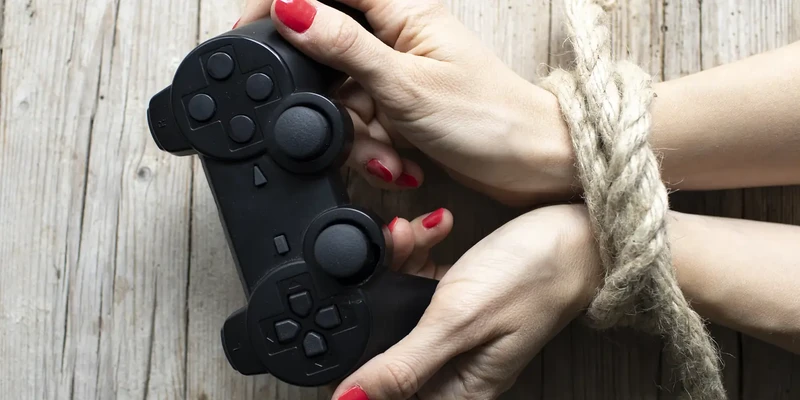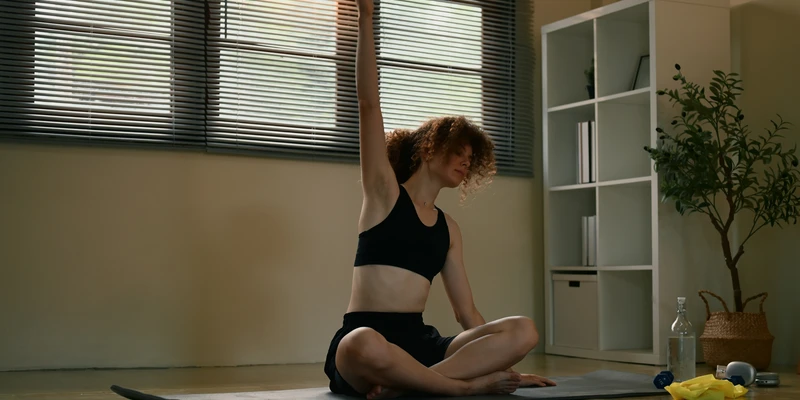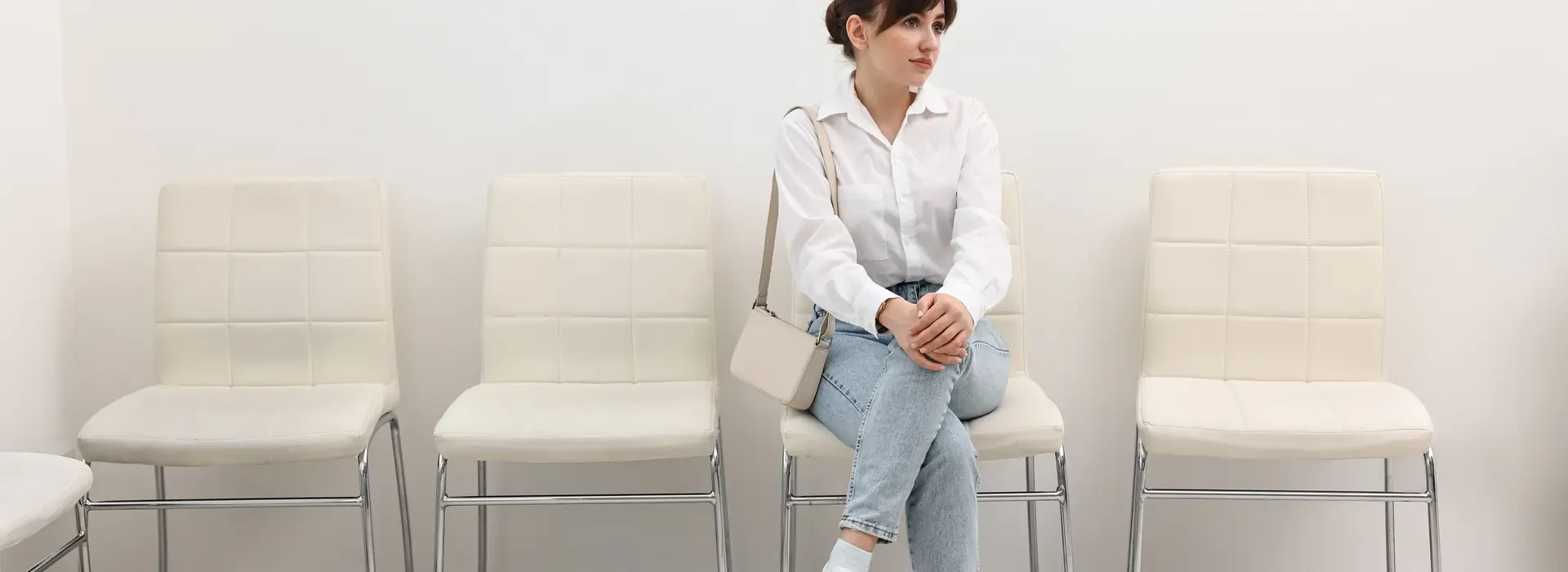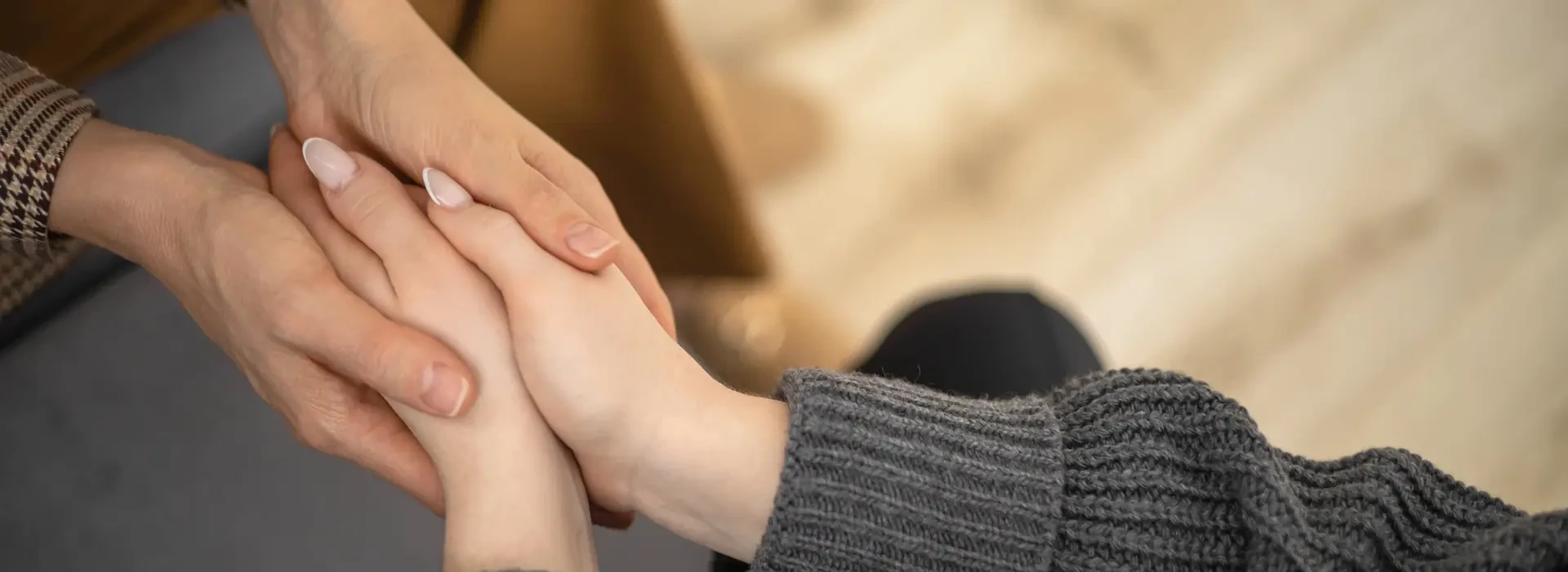Playing video games may start as a hobby, but if not controlled, it can eventually become an addiction. The negative consequences of video game addiction can impact almost every part of a person’s life. As such, the right treatment for video game addiction can help you overcome symptoms of gaming addiction and prevent relapse.
Common Signs and Symptoms of Video Game Addiction
You might notice several clear signs if you or someone you know is developing an addiction to video games.
These can include spending long hours in video gaming, even when you know it is causing problems at school, work, or in relationships. It is also common to feel anxious, irritable, or sad when gaming is taken away.
Some people lose interest in other hobbies or social events when they become addicted to video games. Excessive game playing may also lead to changes in sleep patterns, skipping meals, or poor personal hygiene, all of which are recognised symptoms of gaming addiction.
If you see several of these warning signs together, it may be time to seek proper help.
Differentiating Healthy Play from Problematic Use
It is important to know that enjoying online gaming or computer games does not mean you have an addiction. Healthy gaming fits around your responsibilities and other interests. You can stop playing when you want, and you still spend time on school, work, and with friends and family.
Problematic use looks different. Gaming becomes so time-consuming and addictive that other parts of the gamer’s life start to suffer. For example, you may skip sleep, miss deadlines, experience withdrawal symptoms, or fall behind in school because of excessive gaming.
Ask yourself these questions:
- Can you limit your time gaming if needed?
- Do you feel upset when you cannot play a game?
- Are your school grades, work, or relationships getting worse?
If you answered yes to several, it may be a sign of video game addiction symptoms and could meet the criteria for internet gaming disorder. Health professionals advise monitoring these patterns to prevent escalation.

Effective Treatment Approaches for Gaming Addiction
Professional treatment for video game addiction often uses evidence-based methods to achieve the best results. Inpatient treatment options may focus on changing unhealthy habits and helping you regain control over gaming.
Cognitive Behavioural Therapy (CBT)
Cognitive-behavioural therapy (CBT) is one of the most well-studied approaches for gaming addiction treatment. It works by helping you recognise triggers for game addiction and unhealthy gaming behaviour, while developing healthier thinking patterns.
A typical approach includes setting clear goals, logging previous gaming activity, and identifying situations that lead to excessive gaming. You will practise alternative activities, learn to manage stress, and build skills to resist urges.
In one study of 205 patients with internet gaming disorder, the CBT group (14 sessions, 90 minutes each, with 4–5 patients per group) had a 66.3% improvement rate compared to supportive therapy.
CBT also led to greater reductions in internet addiction, anxiety, impulsivity, and social avoidance. Among those who improved, the biggest gains were in attention, depression, anxiety, impulsivity, social avoidance, and family cohesion.
This shows this approach’s ability to target both symptoms of video game addiction and related mental health challenges.
Group Counselling and Support Programmes
Group therapy is a valuable way to connect with others facing similar struggles. These group therapy sessions create a supportive environment where people can share experiences, discuss signs and symptoms of video game addiction, and exchange strategies for change.
Benefits include peer feedback, accountability, and social support. Some groups follow a 12-step structure, while others focus on activity-based discussions.
Gamers often find that games as a way to socialise can be replaced with these healthier connections, reducing isolation and encouraging motivation to cut back on time spent gaming.
Holistic Therapy Approaches
For many people with video game addiction, a holistic treatment approach can provide well-rounded support by addressing both the mind and body. This type of therapy focuses on the whole person rather than just the symptoms of gaming.
Holistic sessions might include techniques such as mindfulness, yoga, acupuncture, and meditation. These strategies can help individuals create balanced routines and find healthier ways to cope with stress without turning to games.
Holistic treatment can help ensure that, as gaming becomes less central in a person’s life, healthier habits and daily activities take its place.
Developing Healthy Digital Habits for Online Gaming Addicts
To avoid falling back into addictive patterns, it is important to build practical habits and add variety to your routine.
Setting Boundaries and Screen Time Limits
Limiting how much you play games makes it easier to stay balanced. Start by creating a fixed daily or weekly schedule for game use. For example, you might decide not to play a game after dinner or to limit gaming to weekends. Setting alarms or timers can help you stick to these limits.
It often helps to use apps or digital tools that track your time gaming. Many devices have built-in features that alert you when you reach your limit. Let friends or family know your goals so they can remind you if you go over your set time.
Make your room or home a no-gaming area during certain hours, such as during meals or right before bed. By putting barriers in place, you give yourself a chance to focus on other activities.
Encouraging Alternative Activities
Adding new non-digital activities to your schedule makes it easier to spend less time gaming. Try team sports, walking, drawing, reading, or learning a new skill. Make a list of hobbies that interest you and set a goal to try one or two each week.
If you like social interactions online, join a club or group for in-person activities. Spending time outdoors or volunteering can give you a sense of achievement.
Staying busy helps you avoid boredom, which can trigger symptoms of gaming addiction. Trying new activities also helps you find other things that make you happy and build strong habits outside of screens.

Support Resources for Gaming Addiction Treatment
If you or someone you know is struggling with video game addiction, there are several effective support options available.
Professional Help and Specialist Clinics
Seeking help from professionals is often the first step for someone facing a severe gaming problem. Counsellors and therapists can guide you with personalised strategies. They can also help you address underlying mental health struggles that contribute to your behavioural addiction.
In the UK, there are clinics that focus only on gaming disorders. For example, the National Centre for Gaming Disorders offers treatment for individuals who game excessively, as well as group therapy, family therapy, and workshops for parents.
These clinics often work as part of a wider team, including psychologists, psychiatrists, and social workers, to ensure you get full support. This professional guidance can be crucial, especially for young people and families who want structured help.
Online and Community Support Networks
You can also find support through online forums, group meetings, and community programmes. One well-known option is Gaming Addicts Anonymous, where you can join meetings and connect with others facing similar challenges. Programmes like this offer a mix of peer support and practical tips for managing daily life without gaming.
Other resources include Reddit forums such as r/StopGaming that have information to help you quit gaming. These networks are helpful if you want flexible support that fits around your schedule, or if you prefer to start recovery in a less formal setting with others who understand your situation.
Treatment for Video Game Addiction at Liberty Home Clinic
We know how easy it is for gaming to shift from a fun escape to something that feels impossible to put down. At Liberty Home Clinic, we understand the frustration, guilt, and exhaustion that can come with this struggle.
Our gaming addiction treatment combines evidence-based therapies with practical life skills, structured routines, and activities that help you reconnect with the world outside the screen.
If video game addiction is stopping you from living the life you want, we’re here to help. Reach out to Liberty Home Clinic today. Our team is here to help you move past the cycle of excessive gaming and into a life filled with purpose and real wins that last.
Frequently Asked Questions
What are the recognised methods for managing compulsive gaming behaviour?
You can manage compulsive gaming with different techniques. These may include CBT, digital detox, self-help strategies, and seeking help from specialist clinics. Some people find it helpful to make structured schedules and set limits on screen time.
Can psychological therapies be effective in the treatment of gaming addiction?
Psychological therapies are shown to help people who struggle with gaming addiction. For instance, CBT helps you recognise unhealthy thoughts and behaviours. It can teach you new ways to respond to urges to play.
What role does family support play in dealing with video game overuse?
Family can have a strong impact on recovery. Their involvement often makes it easier for you to create healthy routines and limits. Open discussions and support from family members encourage positive changes and can motivate you to stick with treatment.
Are medication-based interventions recommended for those suffering from a gaming disorder?
Medication is not the main treatment for gaming disorder. It may be used if there are other mental health conditions, like depression or anxiety. Most treatment programmes focus on therapy and lifestyle changes instead of medication.
How can behavioural strategies be implemented to reduce excessive gaming?
You can use behavioural strategies like setting specific time limits, creating balanced daily routines, and finding alternative hobbies. Some people track their gaming hours or use apps to block access at certain times. Making gradual changes works better than trying to stop all at once.
What are the indicators that professional help is needed for gaming addiction?
If you notice you cannot control how much you play or it is causing problems at school, work, or with others, it may be time to seek professional help. Other signs include neglecting hygiene, sleep, or meals, and feeling anxious or upset when not playing.







